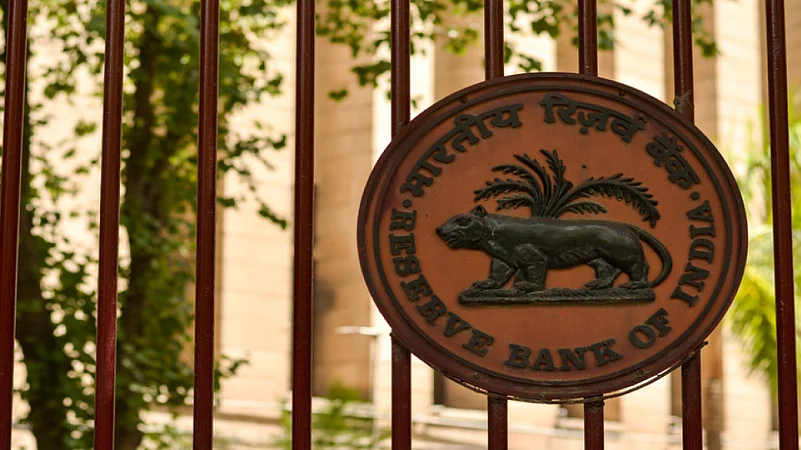RBI Repo Rate News: To enhance transparency and provide clearer disclosures, RBI Governor Shaktikanta Das, during the monetary policy announcement on February 8, unveiled a significant directive for both borrowers and lenders. Governor Das specified that lenders will now be obligated to furnish borrowers with a Key Fact Statement (KFS). The RBI has been very serious and proactive in ensuring transparency and security across all lending processes. “The current implementation of the KFS for loans to individual borrowers ensures that the borrower is aware of all the key information regarding a loan in an easy-to-understand format. RBIs decision to mandate KFS for all retail and Ministry of Micro, Small, and Medium Enterprises (MSME) is a key step in enabling the borrowers to make an informed decision. It will give them a clear picture of what will be the actual annual interest rate plus other charges that they are paying,” Rajeev Das, CEO, I-Loan (LoanTap group) said.
In November 2023, RBI directed Bajaj Finance to immediately cease the approval and disbursement of loans for two of its lending products due to the failure to provide KFS to borrowers. Also, recently, there have been several instances of borrowers following prey to spurious loan apps.
Understanding The Total Cost Of A Loan
Today, getting a loan, usually small-ticket personal loans, is easier than ever. However, every loan has a cost associated with it which goes much beyond the interest rates.
It includes other charges and fees like application fees, foreclosure charges, and penalties if the loan EMIs are not paid on time. Understanding the total cost of a loan helps you choose the most affordable loan and make sure you can handle the payments.
Knowing the full loan cost is like seeing the whole picture, so you can manage your money well and steer clear of financial problems. However, often such charges and fees are hidden in fine print, so one may find it difficult to understand the total costs associated with a loan.
What KFS Should Include
“The KFS includes all essential details of the loan in a standardized template. This clarity empowers borrowers, enabling them to compare offers from different lenders more effectively and make decisions that best suit their financial situations,” Adhil Shetty, CEO, BankBazaar said.
With the extension of the KFS mandate to all retail and MSME loans from REs, the RBI has standardized the disclosure of loan terms across the board. “This move levels the playing field for all borrowers, regardless of the size of their loan,” Shetty added.
Users should use the KFS to stay protected from fraud. It provides a concise, one-page snapshot of essential loan details in a clear and easily understandable format. It also includes information on all-inclusive loan costs. This ensures unscrupulous lenders do not mislead you with complex or ambiguous loan terms, or surprise you with hidden charges and unexpected fees.
What It Means For Borrowers
“The KFS was already mandated for all commercial loans to individuals. This decision will also empower retail and MSME borrowers with more information to make correct decisions regarding their loans. The KFS will ensure they get a consolidated view of the actual interest rate that they will be paying after adding all the costs involved,” Das said.
Borrowers will receive upfront and transparent information regarding all fees associated with their loans. “This eradicates any hidden charges and allows for easier comparison between different loan options. Secondly, by gaining detailed insights into the costs, terms, and conditions of loans, borrowers can make more informed decisions,” Atul Monga, CEO and Co-Founder, Basic Home Loan said.
They will be able to select loan products that align with their specific needs and financial capabilities. “Having a clear understanding of all the costs involved from the beginning will assist borrowers in better financial planning and budgeting for loan repayment,” Monga said.













